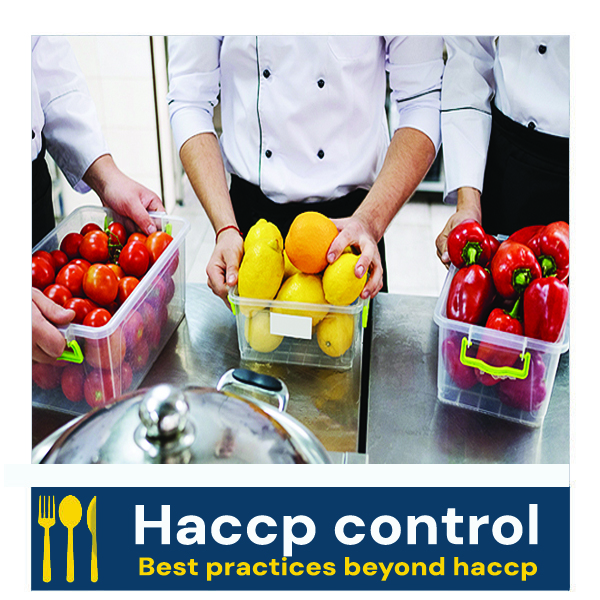“ Raw eggs in bars and restaurants”
In Ireland, the use of raw eggs in food preparation is governed by regulations that focus on food safety and hygiene to prevent the risk of foodborne illnesses, particularly salmonella. The regulations are in line with European Union standards and are implemented to ensure that both consumers and food business operators manage and minimize health risks associated with raw eggs. Here are key aspects of these regulations:
Key Considerations: Regulation (EC) No 852/2004 on the Hygiene of Foodstuffs:
This EU regulation, which applies in Ireland, requires food businesses to adhere to specific hygiene practices throughout their operations. This includes the handling and use of raw eggs. The regulation mandates that all food handling processes must prevent contamination, and this extends to how raw eggs are stored, handled, and prepared.
HACCP (Hazard Analysis and Critical Control Points): Food businesses must implement and follow HACCP principles, which involve identifying potential food safety hazards and implementing control measures. When using raw eggs, businesses need to: Identify critical control points where risks associated with raw eggs can be managed. Implement measures to minimize the risk of salmonella, such as sourcing eggs from reputable suppliers, ensuring proper refrigeration, and avoiding cross-contamination. Monitor and document these controls to prove compliance with food safety regulations.
Training and Education: Employees should be trained in the specific risks associated with handling raw eggs and the necessary steps to mitigate these risks. This training should be part of the broader food safety management practices mandated by HACCP.
Best Practices for Using Raw Eggs: Safe Sourcing: Use eggs from suppliers who ensure their hens are vaccinated against salmonella or who have other safety measures in place. Storage and Handling: Store eggs at the correct temperature (usually below 5°C) and handle them with care to avoid the risk of shell cracking, which can lead to contamination. Use of Pasteurized Eggs: In scenarios where eggs will not be cooked to a temperature that kills bacteria (such as in mayonnaise or certain desserts), it is safer to use pasteurized eggs. This is especially important in establishments serving vulnerable populations like the elderly, pregnant women, or those with compromised immune systems.
Consumer Information and Vulnerable Groups: When serving dishes containing raw or lightly cooked eggs, it is a good practice to inform customers, allowing them to make informed choices. This is particularly crucial in menus catering to vulnerable groups who are more susceptible to foodborne illnesses.
Regulatory Perspective:
While Irish regulations do not specifically ban the use of raw eggs, they enforce strict compliance with food safety management practices to ensure public health protection. Food businesses must adhere to these practices rigorously to avoid legal repercussions and protect public health.
Conclusion from DINEWISE:
Best practices are crucial as they go beyond minimum legal standards to further enhance food safety, improve quality, and reduce risks. Ideally, best practices should complement legal obligations, ensuring optimal safety and quality for consumers.
Don’t forget that eggs are on the allergen list so in ALL cases the use of egg should be notified to customers.
“The Smiles That Keep Them Coming Back”
Winning Hearts, One Plate at a Time









